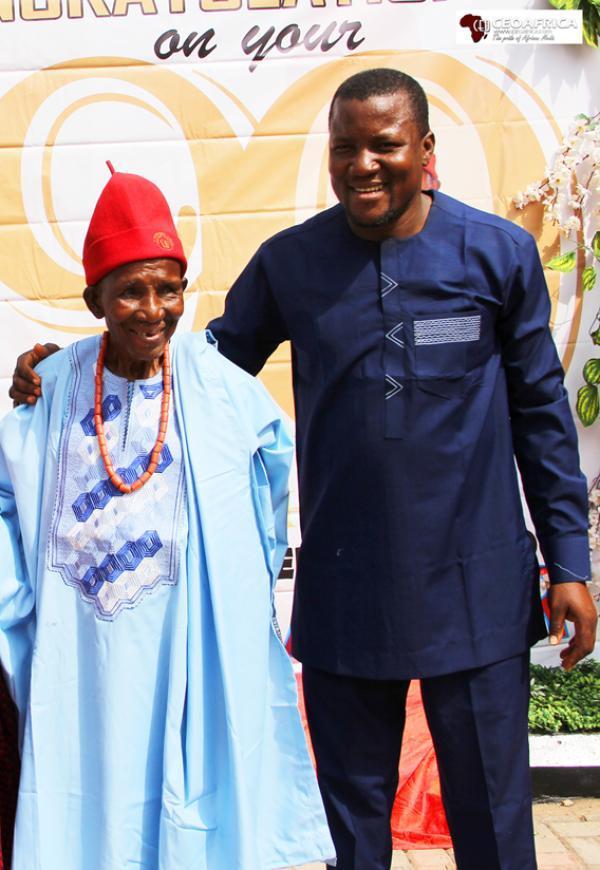
Wednesday 11 August 2021: -Nigeria has been ranked 161st on the 2020 Global Youth Development Index which measures the status of young people in 181 countries around the world.
In the triennial report released by the Commonwealth Secretariat on Tuesday August 10, Singapore ranked top for the first time, followed by Slovenia, Norway, Malta and Denmark.
While 156 countries recorded slight improvements in their scores, Nigeria which was 141 in 2016 took the 161st spot in the ranking.
Chad, the Central African Republic, South Sudan, Afghanistan and Niger took the last five positions respectively.
In the index which ranks countries between 0.00 (lowest) and 1.00 (highest) according to the developments in youth education, employment, health, equality and inclusion, peace and security, and political and civic participation, it was stated that though the conditions of young people have improved around the world by 3.1 percent between 2010 and 2018, progress has remained slow.
Examining 27 indicators including literacy and voting to showcase the state of the world’s 1.8 billion people between the ages of 15 and 29, it was reported that Afghanistan, India, Russia, Ethiopia and Burkina Faso were the top five improvers, advancing their score, on average by 15.74 percent.
On the other hand, Syria, Ukraine, Libya, Jordan and Lebanon showed the greatest decline in youth development between 2010 and 2018.
Health made the largest gains of 4.39 per cent driven by a 1.6 per cent decline in global youth mortality rates and a 2 per cent drop in each HIV, self-harm, alcohol abuse and tobacco use. Sub-Saharan Africa made the greatest strides in improving the health of young people.
Levels of underemployed youth and those not in school, training or work remained constant. Advances in equality and inclusion are led by improved gender parity in literacy as well as fewer child marriage cases and pregnancies in girls under 20. Yet no progress occurred in women’s safety.
The global education score increased by 3 per cent, with South Asia making the largest improvement of 16 per cent followed by sub-Saharan Africa with 10 per cent. Peace and security improved by 3.41 per cent, resulting from fewer young people dying from direct violence. Somalia recorded the largest gains in the peace and security of young people, followed by Colombia, Sri Lanka, Eritrea and Russia.
Youth participation in politics is the only domain to record a decline in most parts of the world, reporting a deterioration in 102 countries. However, sub-Saharan Africa recorded a 5 per cent improvement in the average regional score.
Globally, Sweden leads on education, Luxembourg on equality and inclusion, Indonesia on political and civic participation while Singapore tops the employment, health, and peace and security domains.
Speaking before the release, Commonwealth Secretary-General The Rt Hon Patricia Scotland QC said;





















